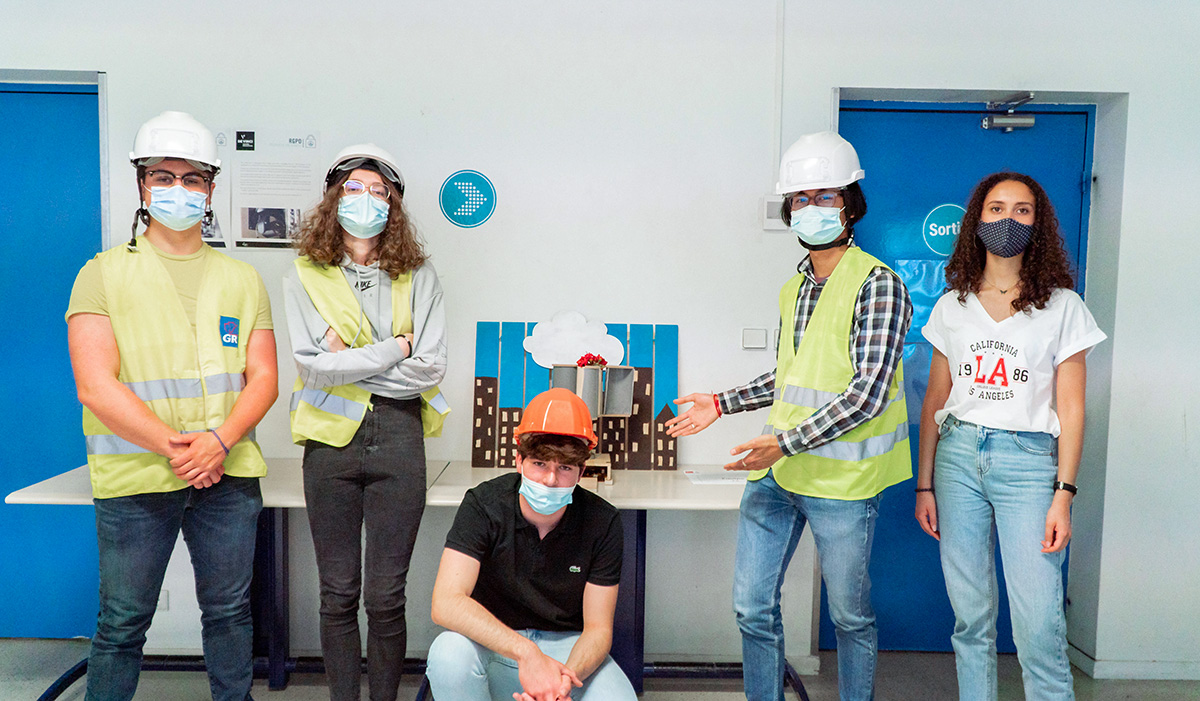Facing a crisis like the pandemic, engineering leadership teams had to rethink their plans and reorient their projects to ensure the safety of all concerned parties: employees and clients, without breaking the bond. Whether newly graduated or working professionals, engineers had some lesson or two to share.
The various engineering roles and specializations had a leading role in the global efforts implemented to deal with the impact of COVID-19, and they came out stronger and definitely wiser. Here are some lessons learned during these times of uncertainty.
Embrace the Change
The two main takeaways from this first lesson are: being intentional and systematic in accepting the change. Engineers were on their toes 24/7 to update and/or create proper guidelines, tools, and processes to transition quickly to a work-from-home environment and well as manage ongoing projects.
As stressful as it was, a lot of common outcomes were that employee health and safety were top priority, especially during the on-again-off-again lockdowns. Informal and formal check-in sessions took place with room to open up about work challenges, family stress, and market updates.
Lesson Learned: Having open conversations about shared stress during the onset of the pandemic proved valuable in creating mutual support that we all needed to carry on with our daily obligations at work and at home.
Communicate
Frequent communications and collaboration across teams were given priority. This helped engineers keep their priorities in check: from deliverables to trade-offs and logistical challenges and dependencies. Here is where “over-communicating” is in its right place to avoid tension, messed up deadlines and expectations, and diminishing engagement.
Beyond strong technical knowledge, engineers learned to place a high value on other critical competencies like workplace skills. Engineers who worked on their communication skills during this period, in particular, were in fact able to effectively manage their own tasks as well as motivate their peers or train individuals, in case they were in leadership roles, on new software programs, and dealing with the unstable changes.
Keep Learning
Learning can never stop, especially not for engineers, because the world around us keeps changing and they’re one of the main forces that keep it glued together. And with an industry relying on scientific and technological advancements, the half-life of an engineer’s specialization-specific knowledge is steadily decreasing.
- Put performance engineering into practice
- Find the technical tools you need while boosting your soft skills
- Pick a graduate program that will answer the current issues of the planet and the world
ESILV Master’s programmes are designed to help engineers acquire expertise and operational skills in the challenging world we live in. As one of the toughest industries that have been facing changes, the international experiences students will have during their studies will allow them to not only contribute to the development and the success of their professional projects but also have a global mindset that will help them land any job anywhere in the world as they will quickly adapt with minimal stress and they were prepared to do so during their program thanks to its hands-on approach and project-based methods, along with the technical facilities it offers.
The De Vinci Innovation Center is the trans-disciplinary and innovative hub of the Leonard de Vinci Higher Education that focuses on real-world, human-centered technologies with long-term perspectives for our planet.
Equipped and ready for any challenge, enrol today!







